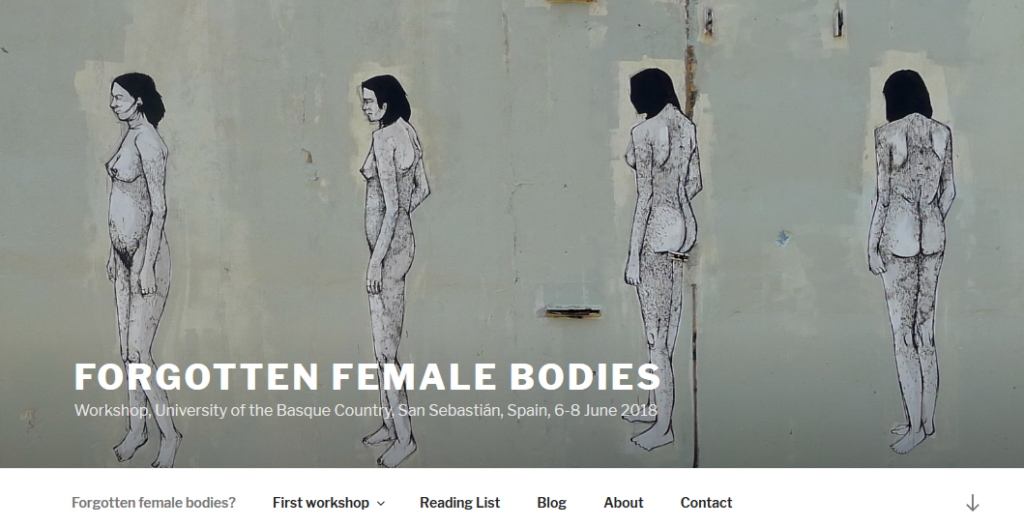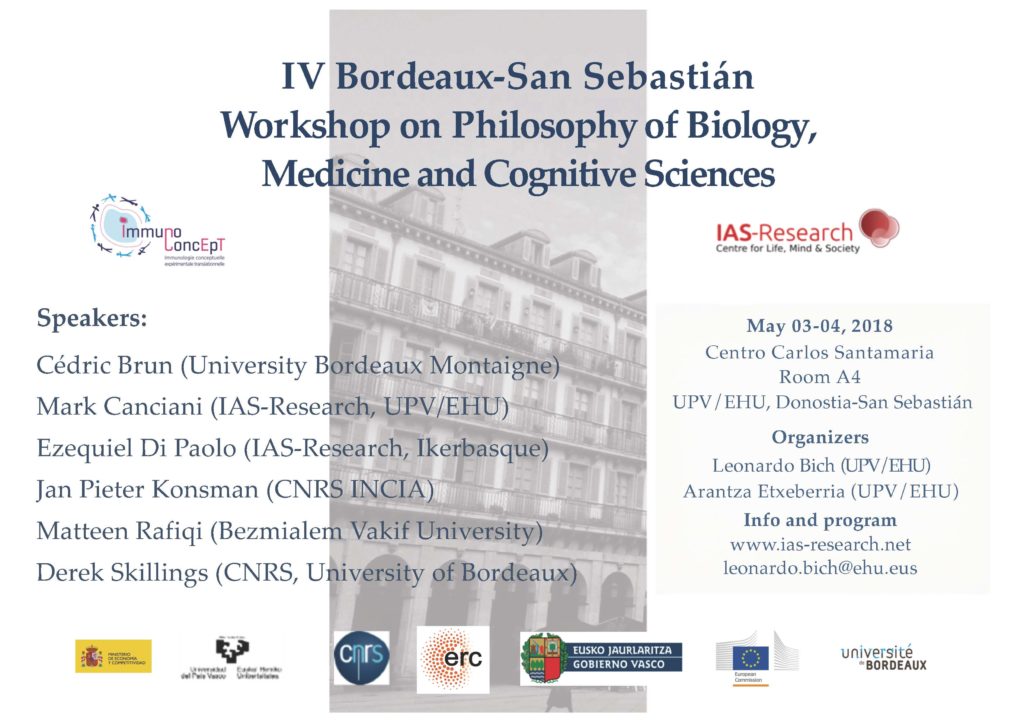Date and time: September 25, Tuesday, 11:30 a.m.
Location: Carlos Santamaría Building, Room B14.
Speaker: Gabriel Piedrafita, Wellcome Trust Sanger Institute (Cambridge, UK)
Title: Tissue-level cell-fate coordination underpins epithelial clone competition dynamics: theoretical modeling to open a conceptual discussion
Abstract: Epithelia are among the simplest mammalian tissues. Yet, little is known about how epithelial cells organize and orchestrate their fates (whether to divide, differentiate or die) to guarantee the turnover while preserving tissue homeostasis. Over a decade, theoretical models have been proposed according to which individual progenitor cell behavior would accommodate toautonomous, random fate choices, with remarkably good fits – at a statistical level – on lineage-tracing data from transgenic mice. It was my aim in this work to revisit these studies, and re-evaluate previous paradigms with an emphasis on bringing statistical-physics descriptions closer to the biological phenomenology at the cell level. By means of new experimental data and mathematical modeling, I will show how epithelial homeostasis can conform to simple rules where niche-sensing and collective cell-fate coordination play a predominant role. I would like to finish discussing how this domain of tissue-level communication would necessary constrain and impact on mutant clonal expansion, contributing to an internal control of tumourogenesis, letting the topic open for further debate.



